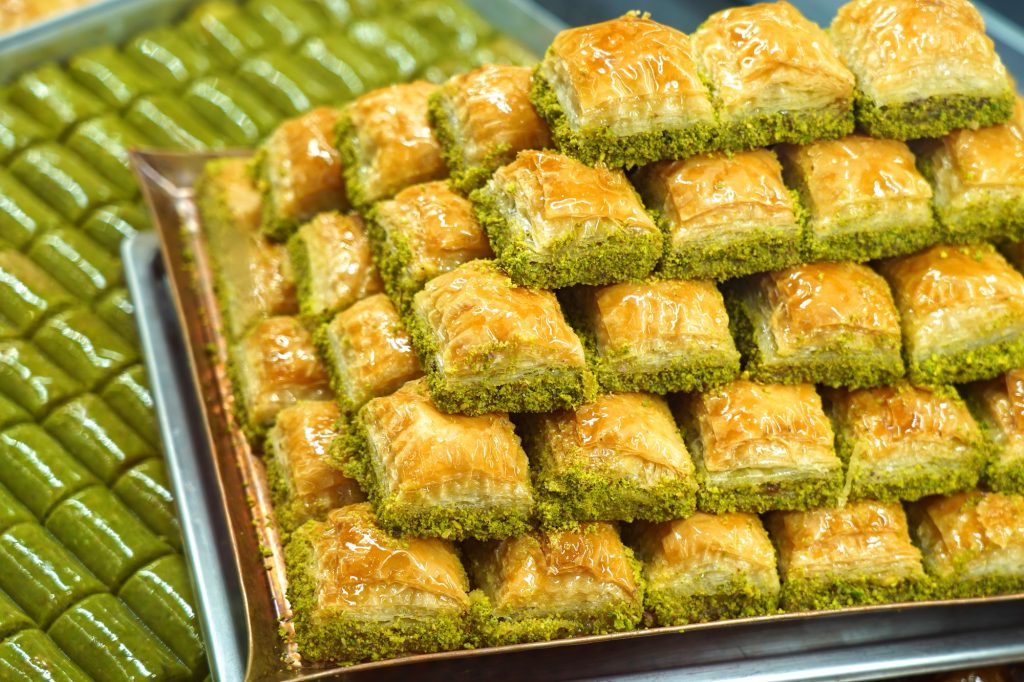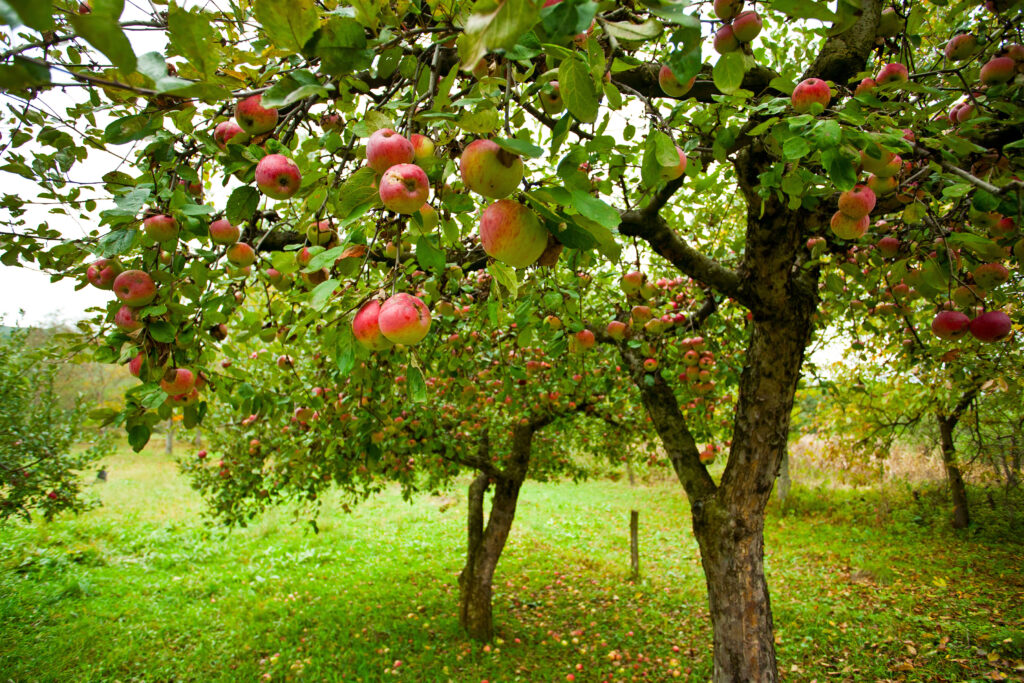One day, a traveler comes to a village, asking to meet the smartest man in the village. He is introduced to Nasreddin Hodja. They move to a patch of dirt, and the man draws a circle on the ground. The Hodja divides it in four, then fully fills in three parts. The man flicks his fingers upwards, and the Hodja responds with a sprinkling motion. The man bows his head, and leaves with a content expression on his face. The villagers catch up to him and ask: “What happened between you two?” The traveler says: He is the smartest man alive, I traveled much and saw none as smart. I drew the world, he said three quarters consisted of water; I asked what happens when water boils, and he said that it rains back down.” Later, they ask the Hodja: “What transpired between you two?” He replies “What do you think, the man was hungry. He drew a tray of baklava, and I claimed three quarters for myself. He said that it would be good to cook it over a small fire, and I said we should sprinkle some nuts on top.”
Bir gün köye bir yolcu gelir, köyün en akıllı adamıyla görüşmek ister. Köylüler yolcuyu Nasreddin Hoca ile tanıştırırlar. Topraklı bir yere geçerler ve yolcu yere bir çember çizer. Hoca çemberi dörde ayırır ve üçünü karalar. Yolcu parmaklarını yukarı yukarı fiske atar. Nasreddin Hoca da parmaklarıyla serpme hareketi yapar. Bunun üstüne yolcu başını eğer ve yüzünde mesut bir ifadeyle ayrılmaya koyulur. Olayları izleyen köylüler yolunu keserler, “Ne geçti aranızda?” diye sorarler. Yolcu: “Ben çok gezdim, ama bu kadar zeki bir başkasını görmedim. Ben dünyayı çizdim, o dörtte üçü sudur dedi; ben su buharlaşırsa ne olur diye sordum, o da yağmur yağar dedi. Sonra köylüler Hoca’ya sorarlar: “Ne geçti aranızda?” Hoca: “Ne olucak, adam aç. O bir tepsi baklava çizdi, ben dörtte üçü benimdir dedim; o alttan kısık ateşle bişirirsek iyi olur dedi, bende fındık fıstık serpsek güzel olur dedim”
Source
Traditional. Translated by Yusuf Sönmez, 2024.





